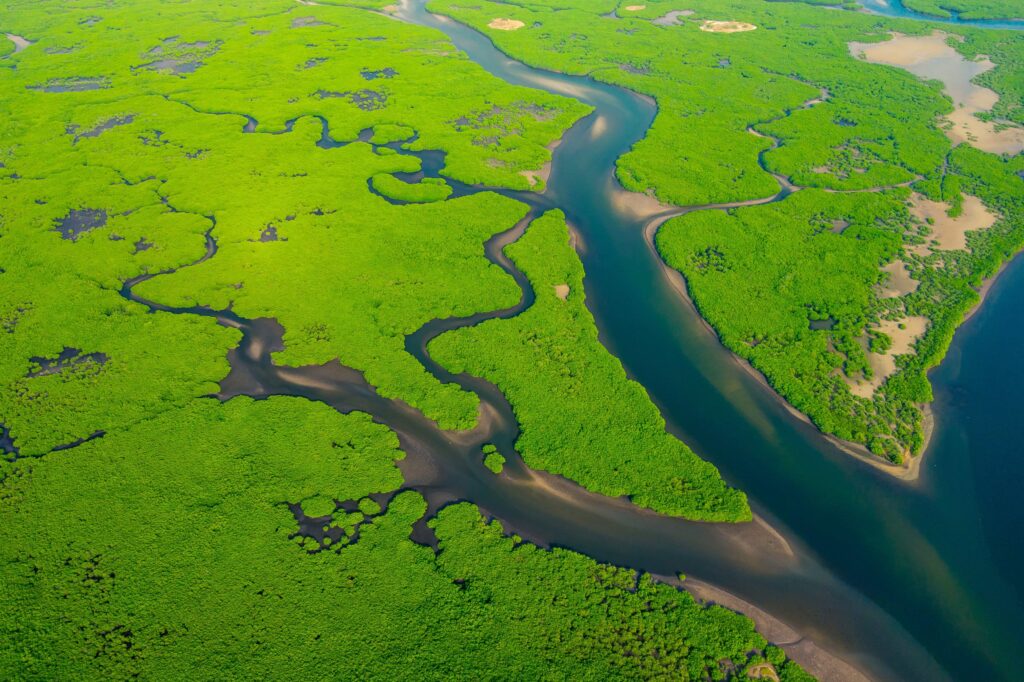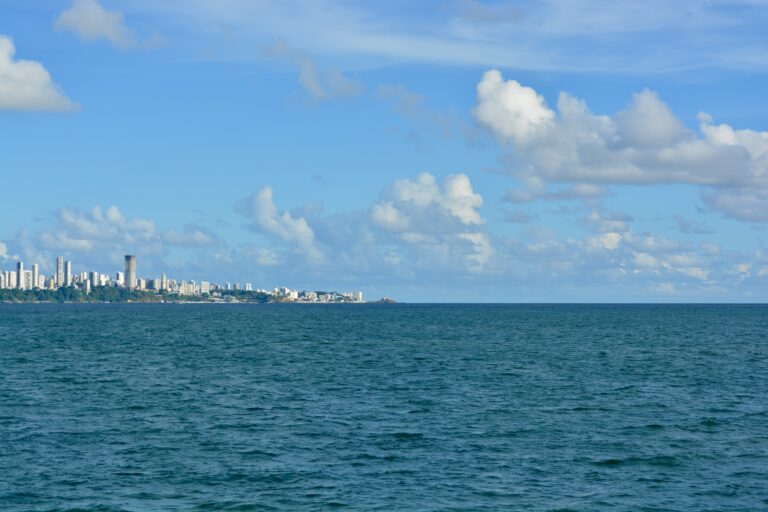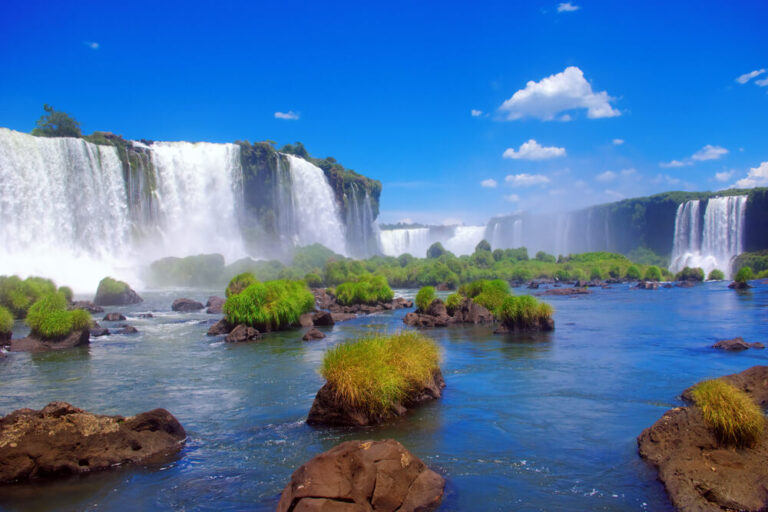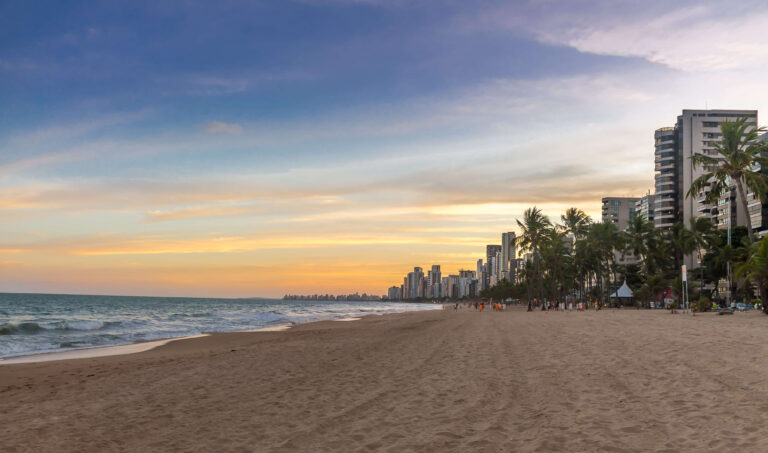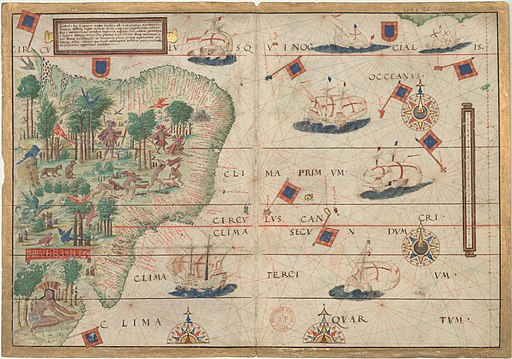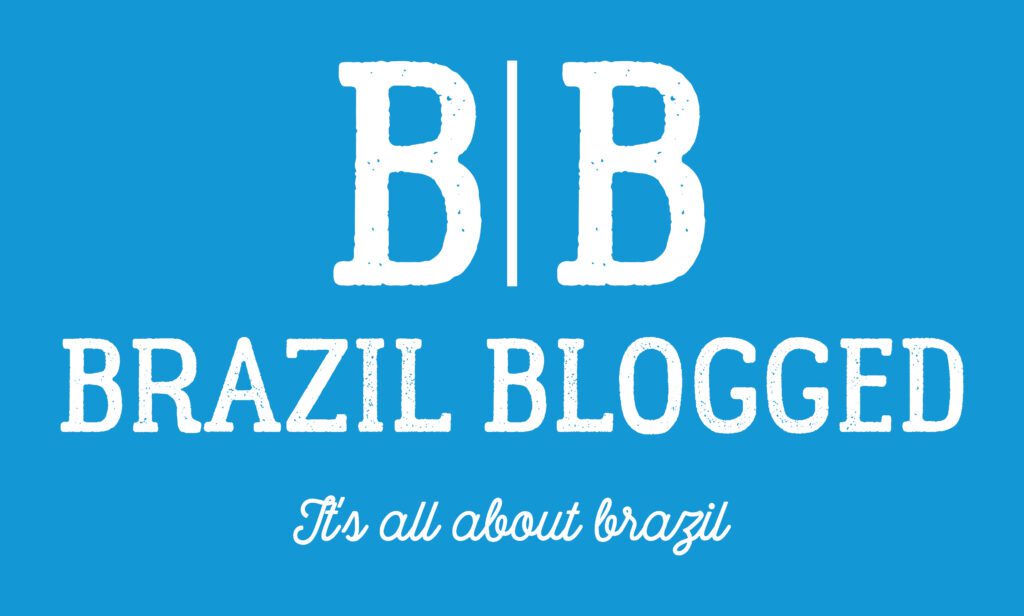It seems like there is a minor typo in the years you’ve mentioned. Francisco de Orellana, a Spanish explorer, is credited with discovering the Amazon River, and his expedition took place from 1541 to 1542.
Orellana started as a member of an expedition led by Gonzalo Pizarro, who set out from Quito in 1541, aiming to find the fabled city of El Dorado, said to be rich in gold. The expedition faced immense hardships, including starvation, diseases, and confrontations with the indigenous populations. After several months of enduring such challenges, Pizarro sent Orellana and a group of men ahead to find provisions.
Orellana, along with his men, constructed a brigantine and navigated down one of the tributaries of the Amazon, eventually reaching the main river. The journey was fraught with difficulties, including hostile encounters with the indigenous people and navigating through the vast and complex river system. However, Orellana and his crew became the first Europeans to traverse the entire length of the Amazon River, eventually reaching the Atlantic Ocean in August 1542.
Orellana’s expedition was significant not only for the geographical knowledge gained but also for the ethnographic observations made along the journey. The river was named “Amazon” due to an encounter with a tribe of fierce female warriors, reminiscent of the Amazons from Greek mythology. Orellana’s tales of the diverse and numerous indigenous communities and the abundant natural resources contributed to further interest and exploration in the region by European powers.
The discovery of the Amazon River by Orellana opened up a new frontier for exploration, colonization, and exploitation in South America. It paved the way for subsequent expeditions and had long-lasting impacts on the indigenous populations, ecosystems, and geopolitics of the region. The Amazon today remains a vital and iconic part of Brazil and South America, known for its immense biodiversity, complex ecosystems, and the diverse indigenous cultures that inhabit the region.

